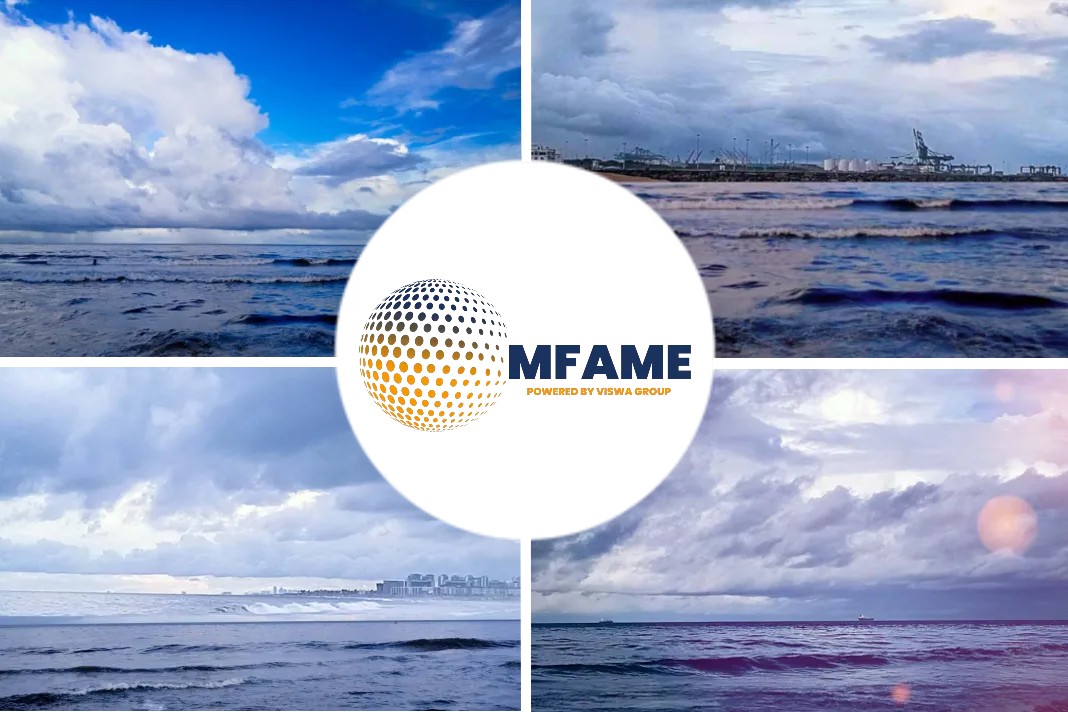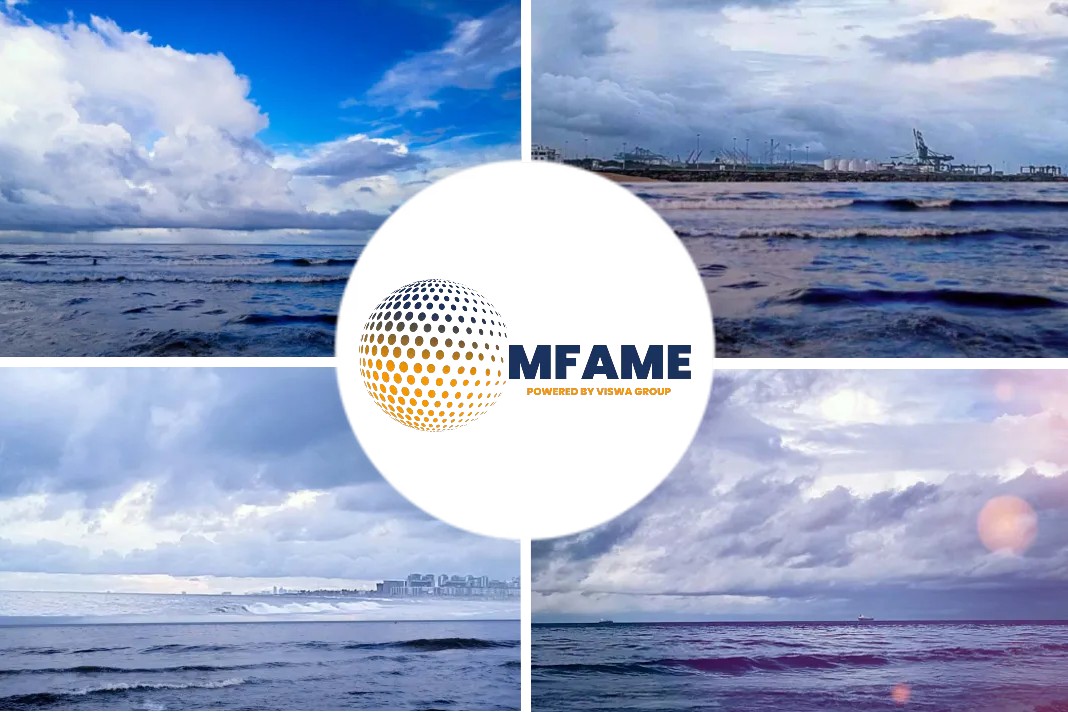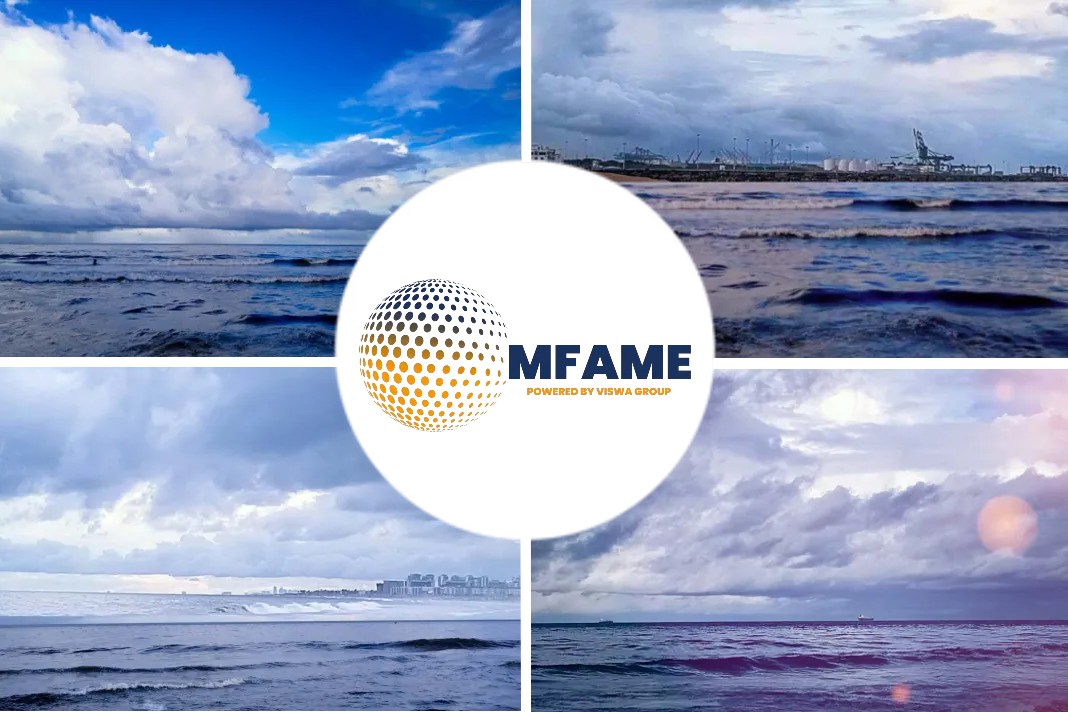Cruise liners offer scenic views you can’t replicate from land, but they also cause downstream consequences. In Europe, some beautiful waterfront cities are joining forces to limit the impact of thousands of passengers being disgorged onto their picturesque streets, writes PBS Newshour, Special Correspondent Malcolm Brabant interviewed different across the continent and reported on new restrictions being imposed in Belgium, Croatia, Greece, Italy etc.
The Backdrop of this
Some of Europe’s most beautiful waterfront cities are joining forces to try to reduce the impact of cruise ships.
Venice will ban larger ships from entering the city’s historic center, a result of citizens’ protests, after a cruise liner crashed into a pier earlier this summer. Restrictions are being imposed in Belgium, Croatia, and Greece, in places that are overwhelmed when liners sends thousands of passengers into their picturesque streets.
Special correspondent Malcolm Brabant has been to some of the most popular destinations, and he starts his report in Southern England.
Europe’s Welcoming Nature Turns Frosty
Malcolm Brabant:
It’s departure day in Southampton, one of the world’s main cruise ship bases. Thus begins a voyage of indulgence for the multitudes on board, and gritted teeth for many in their ports of call.
Business is booming, thanks to commercials like these.
Narrator:
Land ahoy, and our Mediterranean adventure begins, but, first, of course, the full English. Ancient history and cultural treasures abound.
Actor:
We’re lucky to get a seat.
Narrator:
But we don’t overdo it.
Malcolm Brabant:
Not overdoing it? Many Europeans beg to differ.
The welcome in Europe is becoming increasingly frosty. A growing number of prime destinations are questioning the value of hosting cruise ships, among them, Barcelona in Spain, Venice in Italy, Dubrovnik in Croatia, Bruges in Belgium.
Medieval Bruges is swamped daily by up to 50,000 visitors. But the influx is being curtailed to prevent this UNESCO World Heritage City from morphing into Disneyland.
Not Letting Everything Free
Dirk De Fauw:
We don’t want to be a park, a tourist park, no.
Malcolm Brabant:
Dirk De fauw is the newly elected mayor of Bruges.
Dirk De Fauw:
When we let everything free, and you can do what you want, then there will be no inhabitants in Bruges. It will all be like a museum, a large museum. You must work and you must live and you must create things in the city. It’s not only a city for amusement.
Malcolm Brabant:
Last year, 8.3 million people visited Bruges. Most were half-day trippers. Six million stayed less than three hours. Many came from cruise ships.
At peak times, Bruges residents can be outnumbered 3-1. Not all citizens applaud the mayor’s initiative. At this emporium, assistant Katja Debecker says Bruges is only just recovering from a drop in visitor numbers after terrorist attacks in Paris and Brussels more than three years ago.
Katja Debecker:
It used to be packed in all the streets. Not anymore, no. So, what is he complaining about? Maybe some of the people that live in the center of Bruges — I do, five minutes from here. I don’t care. In the evening, 6:00, everybody’s gone. So?
I’m happy the place is full with people buying my stuff.
Malcolm Brabant:
This is a glimpse of Bruges’ local port that will become familiar in the future. No cruise ships. Under the new edict, a maximum of two liners will be allowed to dock each day. Next year, the number of arrivals will fall by about 30 percent.
That’s a hit the mayor is willing to take. One of his major gripes, shared by other European destinations, is that, with their all-you-can-eat buffets, the liners discourage passengers from spending ashore.
Dirk De Fauw:
They are not spending any euro, maybe a little bit of chocolate, a little bit of beer. But they do not go to restaurants. No, they must be as quick as possible again, on the ship, because all is included on the ship.
Cruising Caught in Conflict?
Malcolm Brabant:
The cruise business is caught in a vortex of conflicting forces, struggling to meet the demand for berths at sea, but embattled across Europe.
Tom Boardley:
We’re really concerned. And we want to understand what’s causing it.
Malcolm Brabant:
Tom Boardley is the industry’s point man in London, where a projected new terminal is facing opposition from local residents who share the Pan-European objections.
Tom Boardley:
We have got to try and address those, and, in some cases, if necessary, modify the way we operate in order to satisfy those complaints.
Staggering Cruise Arrival Times?
Malcolm Brabant:
Which means staggering arrival times to avoid crushes like this at the Acropolis, when several cruise groups rocked up at the same time. Tourists were treated like cattle as Greek Culture Ministry guards wrangled the lines.
Man:
You’re fine. You’re fine.
Man:
Don’t stop there. Don’t stop there.
Malcolm Brabant:
Pollution is another battleground. A recent European study lamented the large amounts of noxious particles emitted by ships’ engines in port.
Such pollutants increase the risk of cancer and cardiovascular disease. In Copenhagen, the Queen Elizabeth’s funnel looked benign. Her owners boast she’s equipped with the latest exhaust gas cleaning system, but the environmental group Friends of the Earth claims her air pollution record is poor.
Taxing the Emissions?
Simon Calder:
It is down to the global community to start saying, OK, well, let’s start properly taxing the emissions that these ships are producing.
Malcolm Brabant:
Travel expert Simon Calder believes Amsterdam has started an important trend by imposing a $9-a-head levy on cruise passengers. But he prescribes even tougher action.
Simon Calder:
It’s up to these individual cities to say, OK, if you going to moor a cruise ship here, then we’re going to start charging you port taxes of maybe $50 per person, something which is really going to benefit the city. And, furthermore, it will disincentivize some cruises, which is probably, in the long run, a good thing.
Cruises Will Go for Friendly Destinations?
Malcolm Brabant:
The industry argues such taxes will merely force ships to find friendlier destinations.
Tom Boardley insists it’s striving to be green.
Tom Boardley:
We need to move to hydrogen or biofuel or some other solution. In terms — our solutions will be those that the world finds.
People Favouring Cruises?
Malcolm Brabant:
Cruising may be increasingly controversial, but newly engaged primary school teacher Robyn Murphy is a huge fan.
Robyn Murphy:
You don’t have any luggage restrictions. I can take as much clothes and shoes as I like. And I love the fact that you can wake up in a new city every day.
So, you wake up, explore the city, go back to the boat, enjoy the food. They have got theaters on there, shows on there. And then you go to bed and wake up in a new city again. So, I like the ease of being able to visit different countries.
Close To the Tipping Point?
Simon Calder:
I can construct an intellectual argument which says that we are quite close to a tipping point, where the passengers are going to say, we don’t want to pay anymore. We don’t want to have the miserable experience of being the third cruise ship in town on a Wednesday in Dubrovnik.
Demand Insatiable?
Narrator:
The walled city of Dubrovnik is one of Europe’s jewels.
Simon Calder:
And basically being unable to get into the old city because there are simply too many cruise passengers, and we’re going to take a different kind of vacation.
However, all the evidence is that the demand is insatiable.
Narrator:
Ah, Carnival’s new ship, the Carnival Horizon.
Shipyards Unable To Make Ships Quickly?
Malcolm Brabant:
The growth of the industry is capped at about 56 percent a year, because shipyards around the world can’t build them quickly enough to cope with the lure of pleasure at sea.
But if European destinations are hoping that demand might wane and they can experience some relief, here’s an informed prediction.
Europe Can’t Rest As Traveling Booms
Tom Boardley:
Both the USA and Europe are beginning to understand that not only is tourism a major contributor to GDP, but it’s also going to create quite a few social problems over the next few years, particularly in areas where people want to go and visit.
There’s a vast new middle class in Asia, particularly in India and China, that is just beginning to travel, and they have only just begun to whet their appetite.
Conflict Awaited As Cruises Charter Untapped Market
So the question is, how do we accommodate more tourism in an environmentally friendly way?
Malcolm Brabant:
As the industry is guaranteed a vast untapped market, more maritime conflict may be steaming over the horizon in the future.
For the “PBS NewsHour,” I’m Malcolm Brabant in Southampton.
Did you subscribe to our daily newsletter?
It’s Free! Click here to Subscribe!
Source: PBS Newshour















